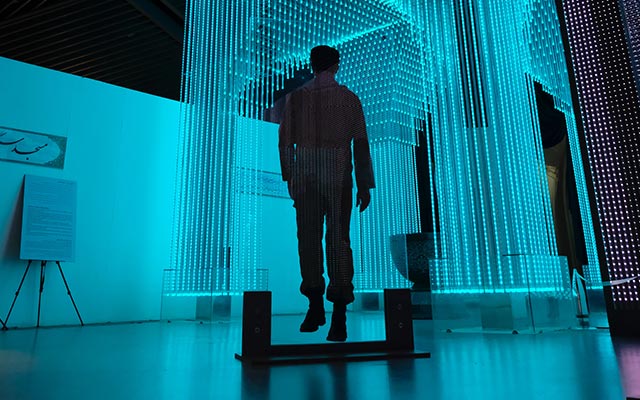As we are all aware there is countless eDiscovery software out there all vying for our attention, and more importantly, our business. Though all these software have their merits, there are undoubtedly those that far surpass their competitors in terms of capability and efficiency. One such software is RelativityOne, the latest, most innovative update to the Relativity platform.
As a company that works primarily with the Relativity software, we are lucky enough to experience the tremendous benefits working with such sophisticated software has to offer, and often in our daily discourse with clients and colleagues, we are able to reflect on the significant efficiency gains the RelativityOne software provides when handling matters of eDiscovery.
One of the most common forms of eDiscovery we handle is DSARs or Data Subject Access Requests. These are time-consuming, personnel-heavy tasks at the best of times and, due to a rising social trepidation concerning matters of GDPR and data handling, they are occupying an increasingly significant percentage of your legal department’s already limited time. The main cost driver of any DSAR process is the cost of the human hours needed to complete the project. It is therefore obvious that reducing these human hours can significantly reduce the costs of your project, and in our experience, we have found RelativityOne to be at least 25% faster (if not 50% +) than the next-best software. It is clear that the platform and software with which you choose to host your data for the DSAR process is a decision of the utmost importance, and therefore a decision we are here to help you with.
In this post you will find 7 key benefits of hosting your DSARs within RelativityOne, this is by no means an exhaustive list, and the wider benefits the platform has to offer will vary depending on the specifics of individual projects. For more information about RelativityOne check out our dedicated page!
Large File Handling: One of the first benefits you will encounter when hosting data within RelativityOne is that of large file handling. Unlike in other softwares where large documents are kept whole and take significant computing power to open, causing systems to crash and resulting in lost work time, in RelativityOne all documents are split into discrete page packets. This allows a 30-page document to be opened as 30 separate pages served to the user one after the other. This significantly reduces the stress on the system and speeds up the document review process.





